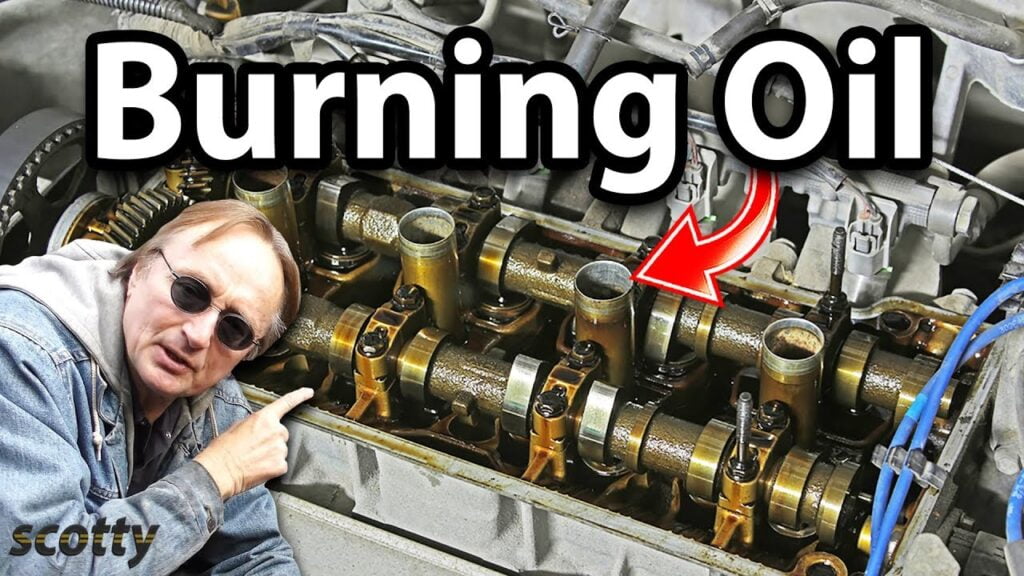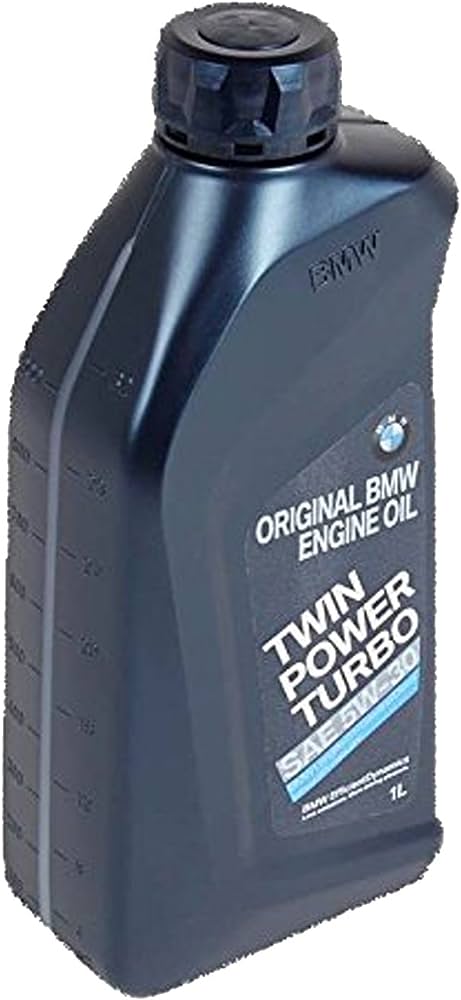How Long Can I Run My Car With Too Much Oil? Avoid Engine Damage Now
Running your car with too much oil can cause damage to the engine. It is recommended to have the excess oil drained and refilled to the proper level to prevent any potential issues. Additionally, driving with too much oil can lead to foaming and reduced lubrication, resulting in unusual engine noises such as knocking, tapping, or ticking sounds. It is important to check your dipstick regularly and maintain the oil level within the recommended range to ensure the optimal performance and longevity of your car’s engine. The Problem Of Too Much Oil In Your Car’s Engine When your car has too much oil in the engine, it can lead to various issues. It is recommended to drain the excess oil as soon as possible to avoid damaging your engine. Driving with too much oil can cause abnormal symptoms to appear within six to seven days. If you’re wondering how long you can run your car with too much oil, it’s important to understand the potential dangers of overfilling your car’s engine. While it may seem like a harmless mistake, excessive oil levels can have severe consequences for your vehicle. The Potential Dangers Of Overfilling Your Car’s Engine With Oil An overfilled engine can lead to a variety of issues that can significantly impact the performance and longevity of your car. Here are some potential dangers to be aware of: Engine damage: Excess oil can cause the crankshaft to whip the oil into a foam-like consistency, which hampers its ability to lubricate the engine effectively. This can result in increased friction and heat, potentially leading to engine damage. Reduced fuel economy: Too much oil can create extra resistance within the engine, causing it to work harder and consume more fuel. As a result, you may experience a noticeable decrease in fuel economy. Oil leaks: Excessive pressure from too much oil can cause seals and gaskets to fail, leading to oil leaks. These leaks can not only be messy but can also result in further engine damage if left unaddressed. Smoke and emissions: When oil reaches extremely high temperatures due to overfilling, it can burn and produce smoke. This smoke can be emitted from the exhaust, indicating a potential issue with your engine. Catalytic converter damage: If the excessive oil burns in the catalytic converter, it can lead to clogging and damage. This can result in a decrease in engine performance and potentially costly repairs. It’s essential to understand the consequences of excessive oil levels in your car’s engine to protect your vehicle’s overall health. If you suspect that your car has too much oil, it’s always best to take immediate action to avoid any further damage. Symptoms And Signs Of Too Much Oil In Your Engine Wondering if you have too much oil in your car’s engine? It’s important to be aware of the symptoms and warning signs that indicate an overfilled engine. Running your car with excessive oil can cause serious damage and decrease the lifespan of your engine. So, let’s explore how to identify if your car has too much oil and the common symptoms and warning signs to look out for. How To Identify If Your Car Has Too Much Oil Identifying if your car has too much oil requires a simple inspection. Here are a few steps to help you determine if your engine is overfilled: Start by checking the oil dipstick. Wipe the dipstick clean using a lint-free cloth or paper towel. Reinsert the dipstick completely and then pull it out again. Observe the oil level on the dipstick. If the oil reaches well above the maximum or “full” mark, it indicates an overfilled engine. It’s crucial to address the issue promptly to prevent any potential damage to your engine. Common Symptoms And Warning Signs To Look Out For Running your car with too much oil can lead to various symptoms and warning signs. Being aware of these signs helps you take immediate action. Here are some common symptoms that suggest your engine is overfilled: Smoky Exhaust: Excessive oil can cause white or blue smoke to emit from the exhaust pipe. This is due to oil burning in the combustion chamber, resulting in an improper air-fuel mixture. Loss of Power: An overfilled engine may experience a loss of power and sluggish performance. The excess oil can interfere with the proper functioning of engine components, leading to decreased power output. Engine Misfire: Too much oil can disrupt the spark plug’s ability to ignite the fuel-air mixture, causing engine misfires. This can result in rough idling, poor acceleration, and overall reduced engine performance. Unusual Engine Noises: An overfilled engine may produce strange noises like knocking or ticking sounds. This is typically due to the increased pressure on engine components caused by excessive oil. Oil Leaks: Overfilling the engine can cause oil leaks from various seals and gaskets. The excess oil puts additional strain on these components, leading to leaks. If you notice any of these symptoms or warning signs, it’s crucial to address the issue promptly to prevent further damage to your engine. Getting your car inspected by a professional mechanic is recommended to diagnose and fix the overfilled engine problem. The Impact Of Driving With Excess Oil Driving with excess oil in your car can lead to engine deterioration and potential damage. It is recommended to check your dipstick regularly and drain any excess oil to maintain optimal engine performance. The Effects Of Driving With Too Much Oil On Your Engine’s Performance When it comes to car maintenance, ensuring the proper amount of oil is important for optimal engine performance. However, sometimes accidents happen, and we may accidentally overfill our car’s oil. But what exactly happens if we drive with excess oil? Let’s explore the impact of driving with too much oil on your engine’s performance. How It Can Lead To Engine Damage And Reduce Overall Efficiency Driving with excessive oil can have detrimental effects on your car’s engine. Excess oil can cause the crankshaft to
How Long Can I Run My Car With Too Much Oil? Avoid Engine Damage Now Read More »




